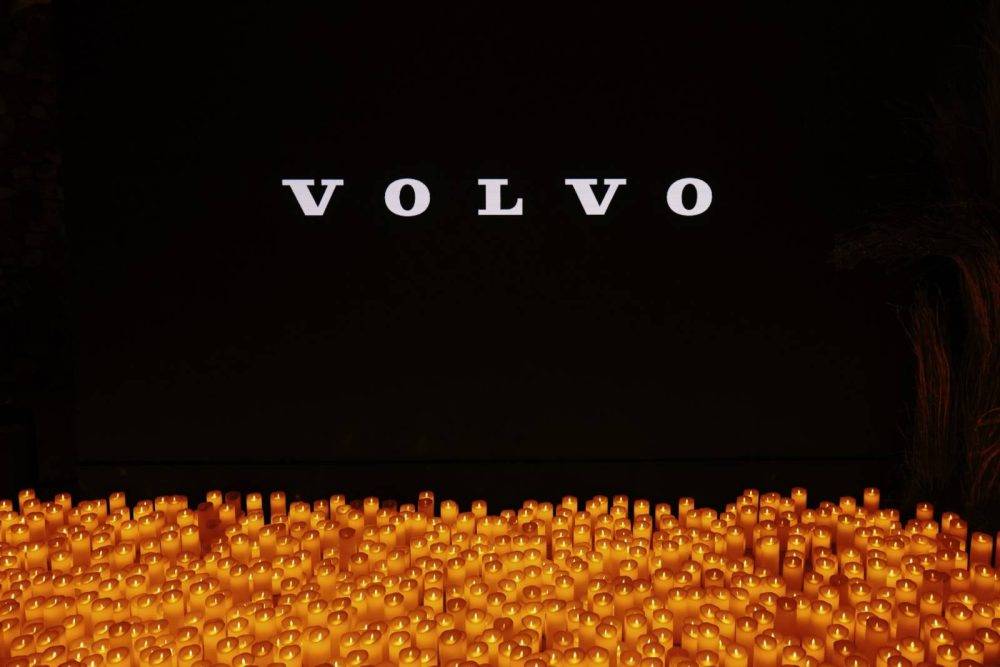
Volvo announced that they will bring two more electric vehicles in 2025.
When it launched its flagship electric vehicle the EX90 this week, Swedish manufacturer Volvo also announced that it will release two more EVs in South Africa in 2025, namely the EX30 Cross Country and the ES90.
South Africa saw a large increase in new-energy vehicles (NEV) in 2024, with the sector selling 15 611 units. According to the National Association of Automobile Manufacturers of South Africa, NEVs include fully electric vehicles, traditional hybrids and plug-in hybrids.
More than 1 250 EV units were sold in the country in 2024 with the Volvo EX30 accounting for 406 units, making it the best selling EV.
Volvo Car South Africa decided to capitalise on the success of the EX30, a compact SUV, and launch the fully electric EX90 this week.
The South African market is missing a true seven-seater EV SUV and the EX90 comes to cover this gap and increase the company’s EV lineup in the local market, the acting managing director for Volvo Car South Africa, Tarcísio Triviño, told the Mail & Guardian. The vehicle will also be a key part of the brand’s electrification strategy.
“This model is designed to be the safest Volvo ever made and embodies the company’s future: the first car built on an all-electric technology base with central computing for a vehicle that continuously gets better through software,” Triviño said.
While Volvo continues the shift towards full electrification, the company’s initial 2030 landmark has now been pegged back.
Triviño attributed this delay to the global market, saying Volvo must build flexibility into its plans while adhering to customer preferences. He said this is just a slight delay in the company’s global plan, and it remains committed to a long-term ambition of full electrification.
“The company’s long-term investment plan and product strategy remains geared towards fully electric cars,” he stressed.
In South Africa, it might be a little more challenging. While NEV sales increased by 100.6% year-on-year in 2024, they still only made up 3% of the total new-vehicle market.
Many South Africans remain wary of EVs especially, because of problems regarding charging infrastructure. There are still fewer than 400 EV charging stations in the country, whereas the United Kingdom boasts more than 55 000 and the United States has over 183 000.
Triviño conceded that this was one of the main customer barriers for EVs, but added that the situation had improved better in the past few years, enabling drivers to travel longer distances with their electric vehicles.
“We are engaging with the different charging companies in the country and we see a big appetite from them to expand the current infrastructure in the next 24 months,” he said.
“Our latest partnership with GridCars represents a true effort in trying to reduce charging barriers to customers by offering a free installed wallbox and two years of free public charging for all our EV models, including the new Volvo EX90.”
There’s also not much room for consumers to test and understand EV technology. Only the Volvo EX30, BYD’s Dolphin, Atto and Seal, the GWM Ora 03, Dayun Yuehu, the Mini Cooper SE and the EV Africa City Blitz (which you might have seen with a Bolt sticker on it) retail below R1 million in this space.

Triviño believes that customer knowledge and education about EVs are the main issues that original equipment manufacturers (OEMs) need to overcome.
“As more electric options hit the market, we will see better and broader EV offers in the country which will increase the number of sales. As an example, with the arrival of the EX90, customers can now purchase a true seven-seater EV in South Africa, which was not available,” he said.
“Customers will start shifting to NEV technology in the near future as OEMs are starting to bring more options of hybrid and electric vehicles and the customers are looking for the latest technology and more sustainable products.This mix of better infrastructure, customer knowledge and EV availability will increase the electric adoption in the country.”
The government is also investigating options to support the NEV adoption in South Africa and government incentives to production, import and sales of EV cars in the country will be key to increase electric adoption, he added.



